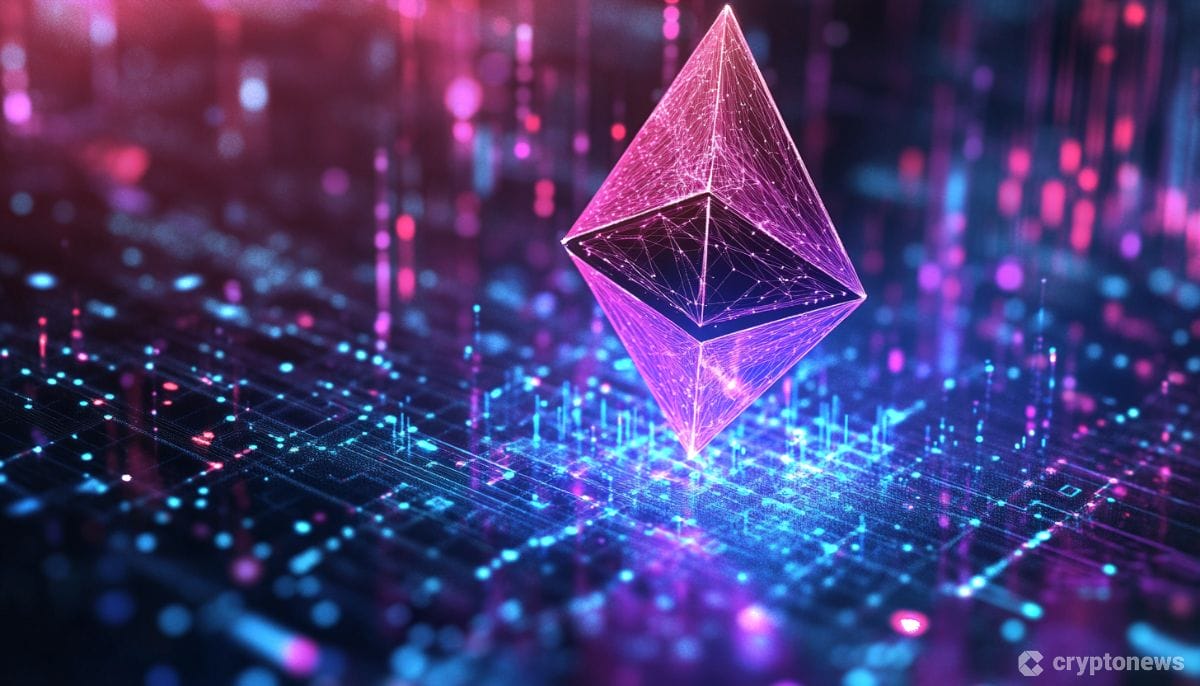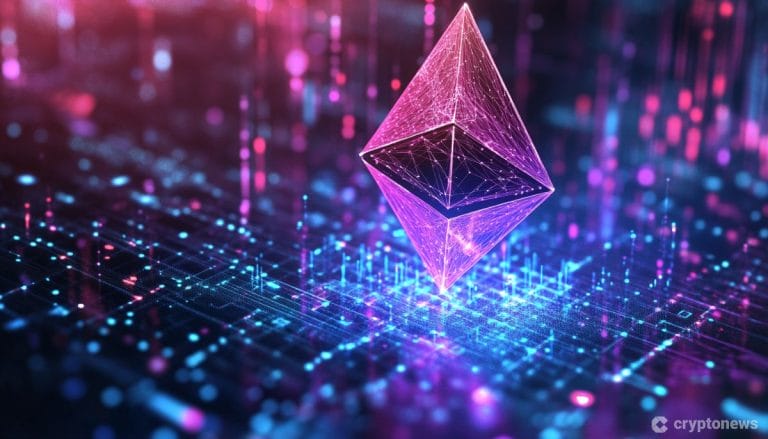Last updated:
 Why Trust Cryptonews
Why Trust Cryptonews

Ethereum layer-2 scaling solution zkSync has officially launched its ZKSync governance system, enabling community members to contribute directly to the protocol’s development.
As stated by ZKSync, the system is designed to uphold the ZK Credo’s core values, highlighting the right to fork or exit and the community’s ability to trustfully verify decisions trustlessly.
ZKSync Launches Robust Decentralized Governance System with Security Safeguards
According to the ZKSync announcement, the governance model incorporates multiple safeguards to ensure longevity and adaptability.
The team stated in their announcement;
“The ZKSync governance system is built to last, with autonomously enforced safeguards to address risks and ensure the protocol continues to evolve even in the face of adversarial conditions,”
The ZKSync governance framework is structured around three independent bodies: the Token Assembly, the Security Council, and the Guardians. This tripartite system highlights a separation of powers and checks and balances, with no single entity holding unilateral power over protocol changes.
Alex Gluchowski, co-founder and CEO of Matter Labs, the firm behind ZKSync, said, “ZKSync is shipping,”
“The ZKSync governance system just went live. It’s raising the bar for decentralized governance systems that are built to last.”
The announcement noted that the token Assembly comprises token holders who delegate their voting power to representatives. This body can propose and vote on protocol upgrades directly on-chain.
They also stated that delegates can opt to join the ZKSync Association, a non-profit organization designed to mitigate personal legal risks associated with governance participation.
Meanwhile, the Security Council, comprised of skilled engineers and security experts, reviews and approves protocol upgrades from the Token Assembly. In cases of imminent security threats, the Council has the authority to freeze the protocol and enact emergency upgrades.
However, even these measures require the approval of the Guardians and a third reviewer, currently the newly established ZKSync Foundation.
The Guardians, tasked with ensuring proposals align with the ZK Credo, hold the power to veto any proposals they deem misaligned.
“The Guardians act as a check on the other governance bodies, ensuring alignment with our core values and protecting the protocol from potential manipulation.”
ZKSync’s Proposal System: Can the Tripartite Governance Drive Real Change?
Furthermore, the three governing bodies work together to publish, approve, and implement three types of proposals.
These include ZKSync Improvement Proposals, which detail modifications to the ZKSync protocol contracts and are managed by the Protocol Upgrade Governor; Token Program Proposals, which introduce new mechanisms for minting and burning ZK tokens by ecosystem participants; and Governance Advisory Proposals, which outline off-chain decisions and actions needing approval from the Token Assembly but are not directly related to the ZKSync protocol or token.
The team stated that the launch represents the culmination of extensive collaborative efforts from the ZKSync community.
“Our governance system is not just about contracts; it’s a journey of intentional innovation for real-world impact.”
However, they encouraged the community to participate in the governance process and contribute to the protocol’s ongoing development.
Matter Labs launched its Era mainnet in March 2023, introducing a Layer 2 network that leverages zero-knowledge (ZK) rollups and proofs to improve Ethereum’s transaction cost-effectiveness and efficiency.
In June 2024, Matter Labs unveiled its governance system and rolled out the ZK token, accompanied by an airdrop. Over 695,000 wallets qualified for the airdrop, with the token distribution program running from June 17, 2024, to January 3, 2025, aiming to distribute 3.675 billion ZK tokens.
Despite these developments, the network has seen a significant drop in daily transactions. The seven-day moving average of daily transactions on the ZK Rollup has plummeted by nearly 85% this year, from approximately 1.3 million to about 195,000.





